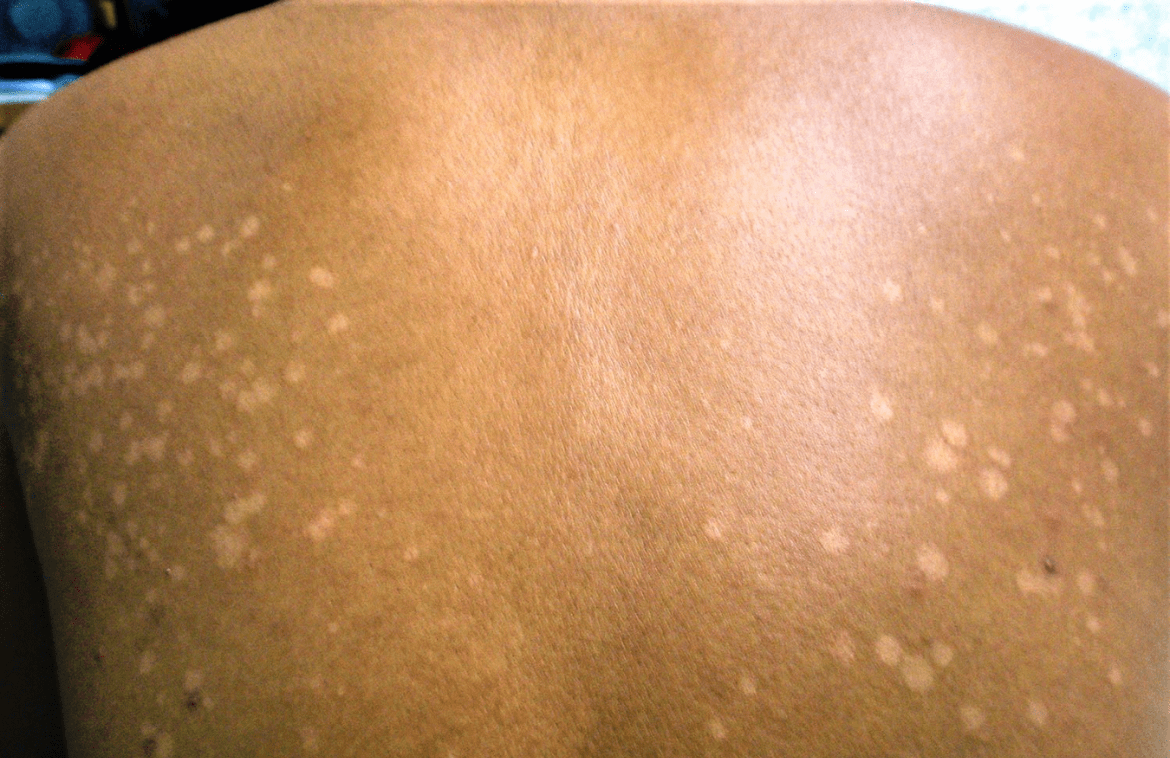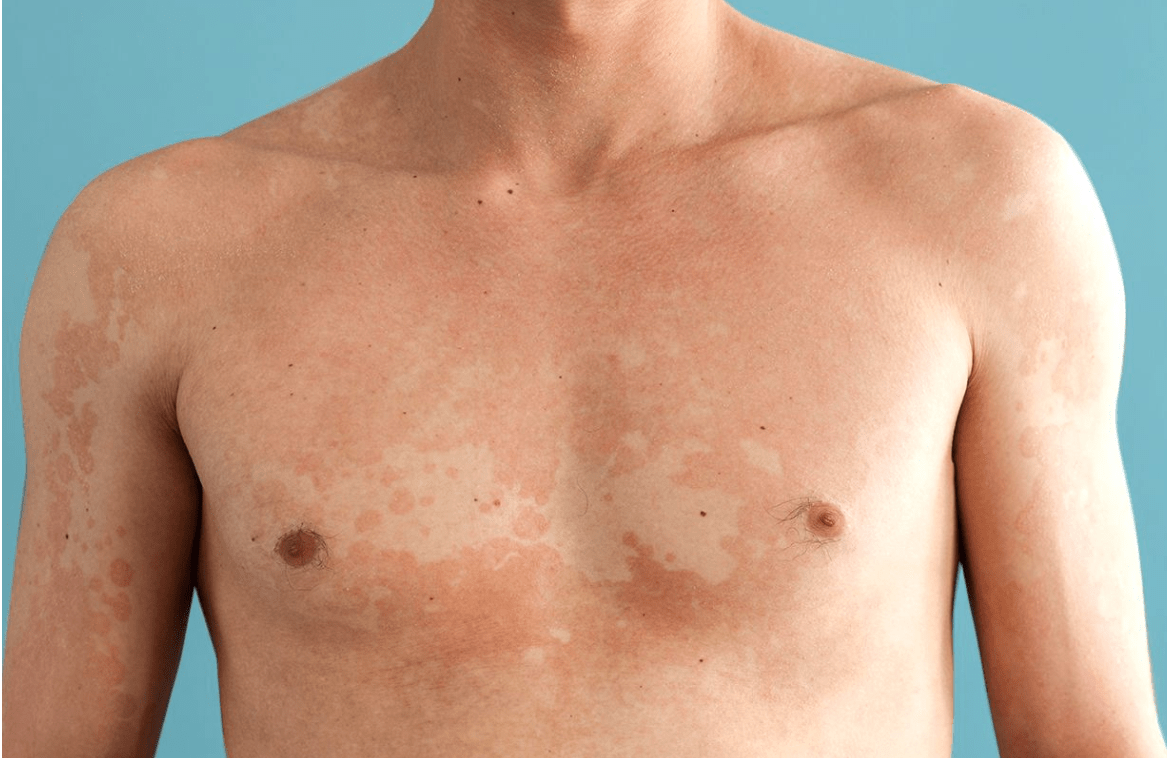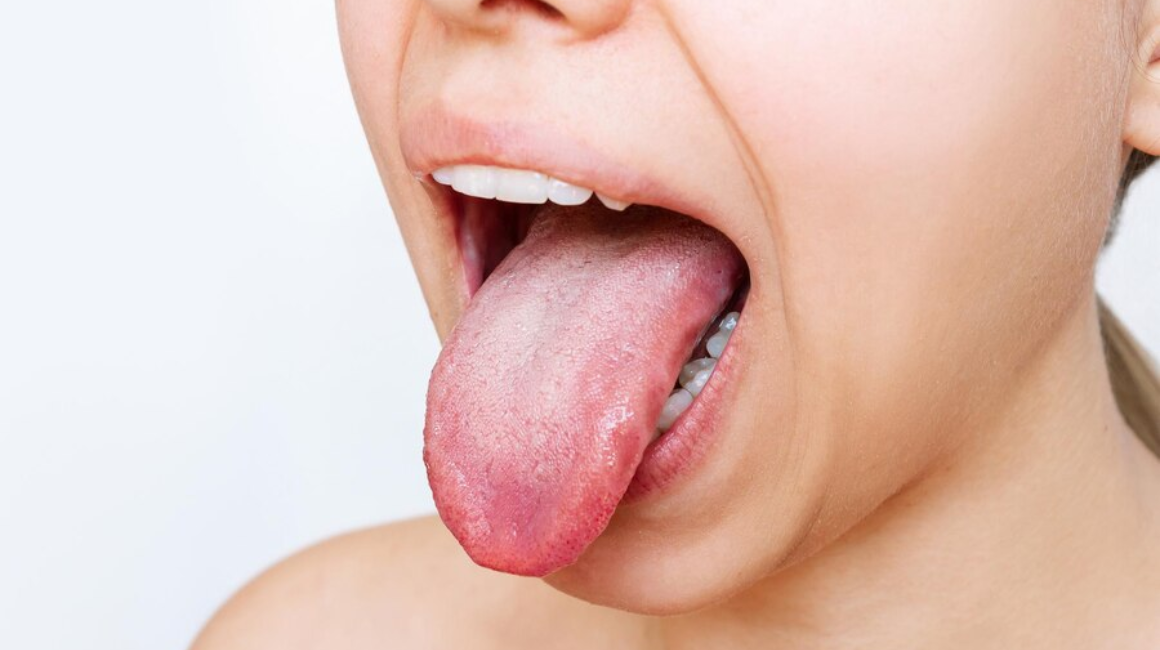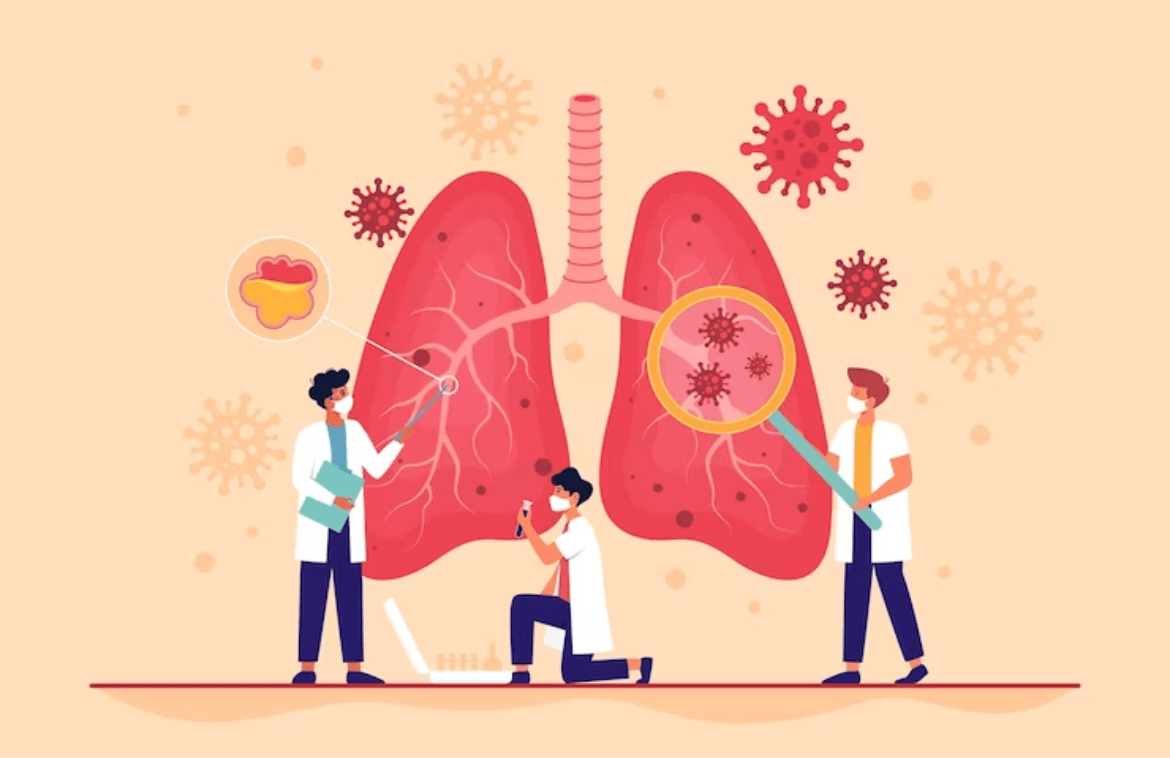Tinea Versicolor: Symptoms, Causes, and Treatment
Tinea versicolor needs to be treated by an expert. tinea versicolor treatment is effective and several medications are available to get relief.
Tinea versicolor happens to be a common fungal infection of one’s skin. The fungus does interfere with the normal pigmentation of the skin, resulting in small, discolored patches. These patches can appear lighter or darker in color than the surrounding skin and usually affect the trunk as well as the shoulders.
The overgrowth of fungus that does cause tinea versicolor tends to interfere with the normal pigment production of one’s skin. This does lead to an uneven skin pigment.
Tinea versicolor (TIN-ee-uh vur-si-KUL-ur) occurs often among teens and also young adults. Sun exposure can make tinea versicolor more prominent. Tinea versicolor, which is also referred to as pityriasis versicolor, is not painful or even contagious. But it can lead to emotional distress or perhaps self-consciousness.
Antifungal creams, lotions, or shampoos can be used. Despite successful treatment, skin color can continue to be uneven for several weeks or even months. Tinea versicolor often recurs, in warm, humid weather.
Symptoms
- Patches of skin discoloration, usually on the back, chest, neck as well as upper arms, which can appear lighter or darker than usual.
- Mild itching.
- Scaling.
When to consult the doctor?
- If the skin does not improve with self-care measures.
- The fungal infection returns.
- The patches cover large areas of one’s body.
Causes
The fungus that does cause tinea versicolor can indeed be found on healthy skin. It only does create health issues if the fungus overgrows.
Factors triggering such growth, include:
- Hot, humid weather.
- Hormonal changes.
- Oily skin.
- Weakened immune system.
Prevention
To help prevent tinea versicolor from returning, the doctor can prescribe a skin or perhaps oral treatment.

Tinea Versicolor: Symptoms, Causes, and Treatment
How is tinea versicolor diagnosed?
See the doctor if strangely colored patches develop on one’s skin and a person can treat them at home. The doctor will examine one’s skin and be able to inform if it is tinea versicolor by looking at the patches.
Other methods of diagnosis
Skin scraping – This removes cells from one’s skin for testing by scraping the skin rather gently. The cells are observed under a microscope to see if they happened to contain the yeast that tends to cause this condition.
Potassium hydroxide (KOH) microscopy – The doctor can conduct this as well. In this procedure, the doctor does take a skin sample and then places it on a microscope slide with a solution of 20 percent KOH, and looks for yeast or hyphae fungi under a microscope.
A biopsy – This is done by taking a tissue sample, of the affected skin and testing for fungi on one’s outer skin layer.
Wood’s lamp – This is used to look at one’s skin. This special machine, which does use ultraviolet light, is held 4 to 5 inches from one’s skin. If yeast is present, the affected skin will indeed appear yellow or green under the light.
Tinea versicolor treatment
If one’s symptoms are not severe, then he or she can choose to treat the condition at home. OTC antifungal creams or shampoos are available and can be made used to effectively kill the infection.
OTC medications for tinea versicolor
- Clotrimazole (Lotrimin AF, Mycelex)
- Selenium sulfide (Selsun Blue shampoo)
- Miconazole (Monistat, M-Zole)
- Terbinafine (Lamisil)
If a person seeks medical attention for tinea versicolor, the doctor may prescribe different medications, like topical creams that can indeed be applied directly to one’s skin. Examples include:
- Ciclopirox (Loprox, Penlac)
- Ketoconazole (Extina, Nizoral)
The doctor can also prescribe pills in order to treat tinea versicolor, including:
- Fluconazole (Diflucan)
- Ketoconazole
- Itraconazole (Onmel, Sporanox)
Conclusion
Tinea versicolor treatment by experts does provide much relief.









There are no comments